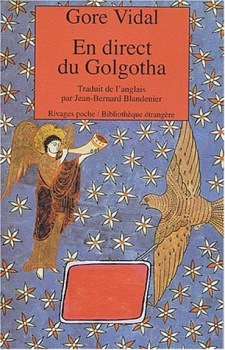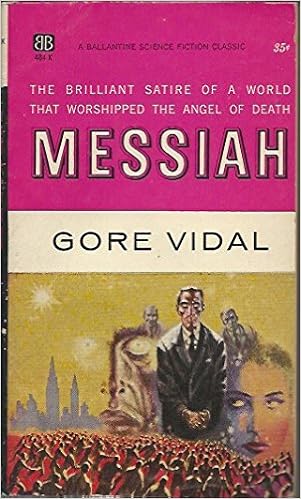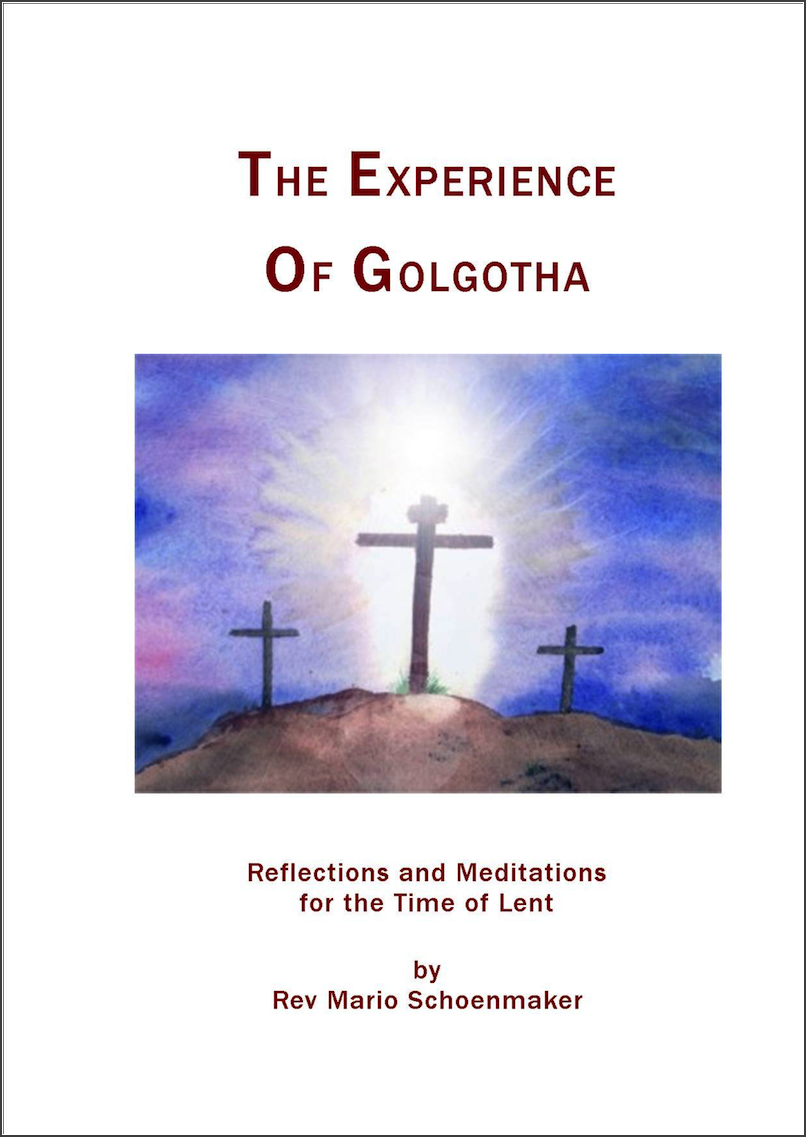

As with Vidal's other books in his Narratives of Empire series, this novel offers an insight into the journalism of the time, following the exploits of William Randolph Hearst in his efforts to displace Theodore Roosevelt as president in 1904. Playing these characters against real-life figures of the years 1898 to 1907, the novel portrays the conjunction of government and mass media in the creation of modern-day America. The novel concerns the fictional newspaper dynasty of half-sibling characters Caroline and Blaise Sanford. But if you’re looking for a truly disconcerting parody of Christianity, try one of the strutting, preening TV evangelists, a couple of whom are mentioned in this book.Empire is the fourth historical novel in the Narratives of Empire series by Gore Vidal, published in 1987. It can be read for its incidental cleverness - hardly a phrase goes unturned, the latest cliches are corrosively caressed, a few interesting shards of unwarped history turn up. It’s a collection of potshots, many of which overshoot the pot. A third is that our incoherent torrent of electronic images is dissolving our cultural memory, and ”memory is all that we are.” But the novel itself is too jumpily incoherent to make a powerful or durable satirical impression. Another is that the grave figures of the legendary past may have been a bit more like us than we care to think. One is that our jumpy, ingratiating, prying TV culture can’t handle events of real gravity.

It also sets up some more imposing satirical points. The premise requires some laborious explanations of make-believe computer technologies and time warps, but it also allows Mary Baker Eddy, Shirley MacLaine, and other phantoms to wander into the narrative and be skewered. As for Jesus, he is, at least in Paul’s vision ”on the eastbound Jerusalem-Damascus freeway,” grossly fat: ”Wide as He was tall, Jesus waddled toward me… He spoke, His voice so high, so shrill that only the odd canine ever got the whole message.” This is a novel in which the apostle Paul is portrayed as a fluent liar and active homosexual who recruits his disciple Timothy, the book’s breezily cynical narrator, because of his ”golden hyacinthine curls and cornflower-blue, forget-me-not eyes and the largest d- in our part of Asia Minor.” Paul (or ”Saint,” as Timothy irreverently calls him) takes a show-biz approach to evangelism, accompanying his preaching with tap dancing and juggling and caring more for cash flow than Christian charity.

If they do, Vidal can expect a verdict of blasphemy and perhaps a holy hit squad any day now.

The experiment is to determine whether Christian fundamentalists have approximately the same boiling point as the Muslim fundamentalists who have bedeviled Salman Rushdie. Finally, in his 23rd novel, Live From Golgotha: The Gospel According to Gore Vidal, Gore Vidal has turned to experimental fiction.


 0 kommentar(er)
0 kommentar(er)
